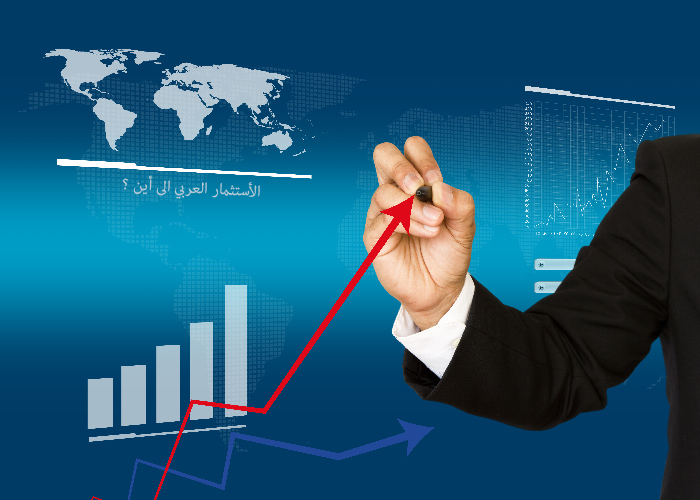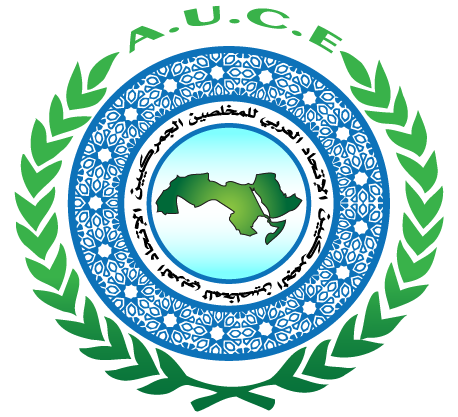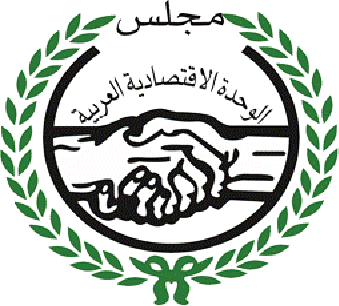Arab Investment ….. To Where?

First
of all, I would like to welcome you in this piece of article. By this article,
I would like to shed light on the Arab capital and funds and the mechanism to
derive benefit from these funds through recycling and investment in the Large
Arab Countries. The genuine benefit is what is called the Common Arab
Investment Unity
The fact of the matter is
that if we, as Arab investors, are eager to derive the optimal economic benefit
and genuinely improve investments, we have to direct all our investments to
achieve a genuine capital heap rather than just interim revenues.
From
this point of view, we all have to know that world today witnesses economic
conglomerations and monopoly to economic, human and capital resources.
Meanwhile, our Arab nations are still far distant from common Arab economic
conglomerations.
However,
let us agree first about the core essence of investment and its objectives.
Investment
can be defined as recruitment of money in any economic activity or business
that returns legitimate benefit to the country. Meanwhile, the financial
concept of investment refers to direction of available funds in order to obtain
financial assets.
Following are among the objectives of investment:
-
Attainment of appropriate
profit thru proper employment of funds that would act on continuity of projects
-
Preservation of the
original capital invested
-
Ensuring availability of
liquidity/cash necessary to continuity of invested funds
After
recognizing the concept and objectives of investment, and we would like to
direct and pump Arab capital into our Arab countries, from which point and
where we could start.
First:
The present fact is that employment of Arab capitals is prevalent in terms of
specific cooperation; and has a trait of bilateral government subsidies to
support general budgets. It represents a percentage ranging between 85% and
90%. Stake of Arab financial institutions of such investments rangesbetween US
$ 450 and 700 million a year – which is equivalent to a percentage ranging
between 10 – 15 % out of the total intra-employed Arab capitals. However, the
Arab private sector may barely benefit from such capitals.
Similarly, there are studies and researches which have been
conducted on the imports of Arab countries. Studies revealed that 70% of Arab
countries imports are concentrated on the following three aspects:
a.
Machinery and equipment
b.
Means of transportation and
telecom
c.
Food
From
this point, we have to direct our Arab investments into such imports and pump
Arab funds and capital in order to invest in such sectors. By doing so,
intra-trade would be supported and economic rates would be improved in Arab
countries.
We
believe that the following could be among the most significant strategies that
shall be duly observed in order to improve the milieu of common Arab
investment:
1. Setting up genuine ventures and projects between public and
private sectors in Arab countries
2. Political willingness, which could enact laws and legislations
that largely contribute to improvement of Arab investments through activating
the free movement of capital and individuals within Arab countries
3. Approving the mechanisms that contribute to encouragement of
Arab capitals domestically and limit its migration overseas
4. Working to set up integrated industries of products thru
adopting policies of joint partial industrial contracting between Arab
countries
5. Activating the genuine role of Arab unions; and participation of
Arab Unions as real houses of expertise that would help achieve the Arab
Economic Integration
6.
Accelerating the
processes of Customs Union thanks for its considerable significance in terms of
Inter-Arab Investments
Eventually, we would say that
Inter-Arab
investment up to economic integration is a sweet dream and legitimate objective
we all are looking for. Such a dream would never come true unless after drawing
up an effective strategy. And this is the question.
By Dr. Mamdouh Al-Refaei



